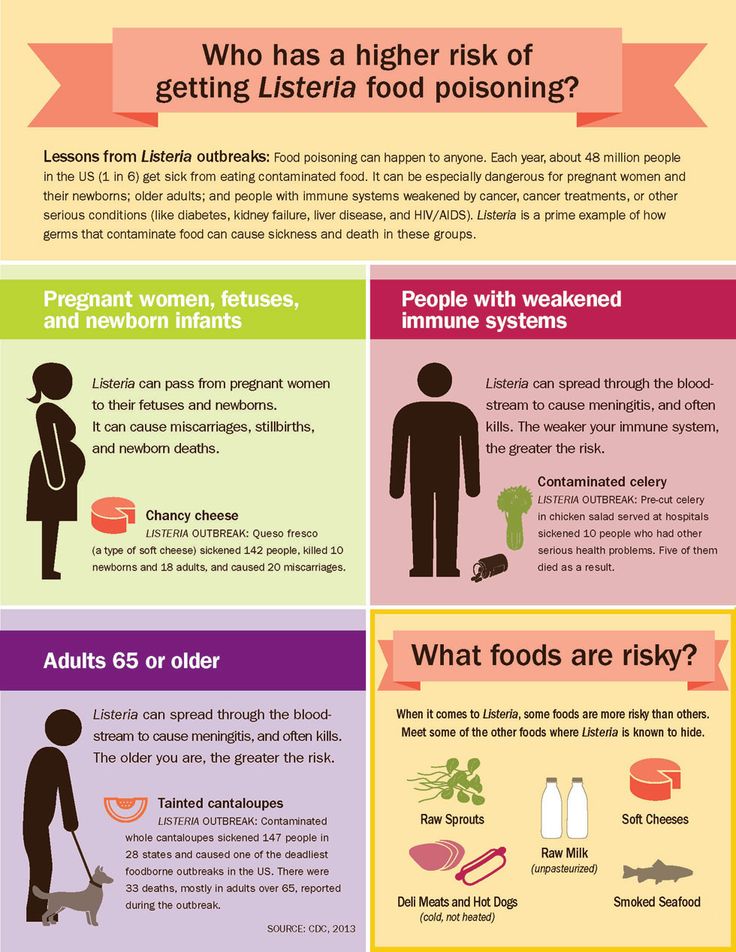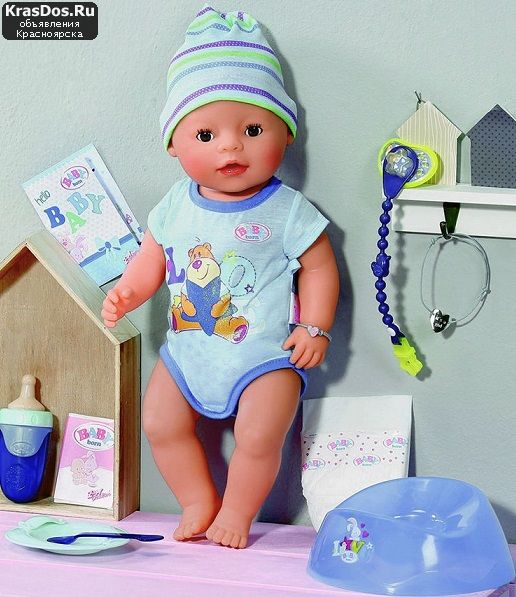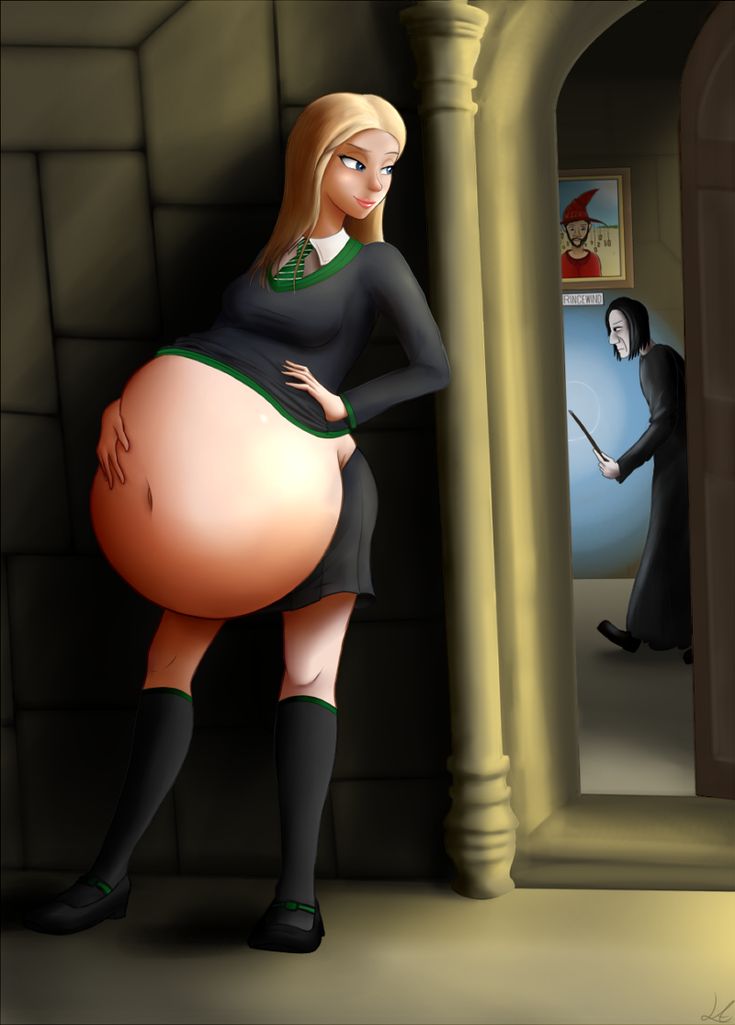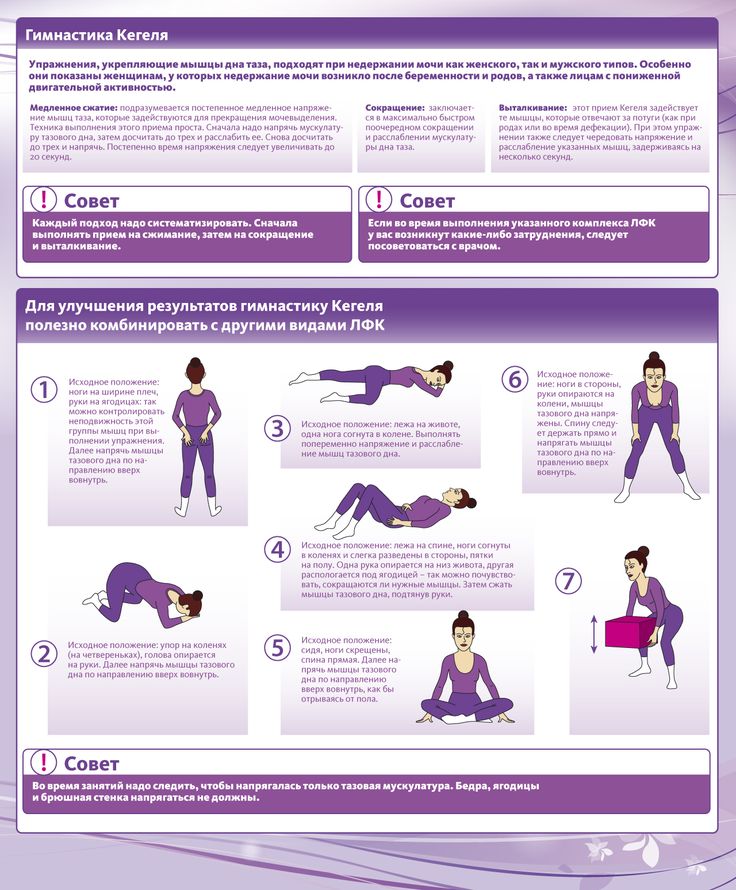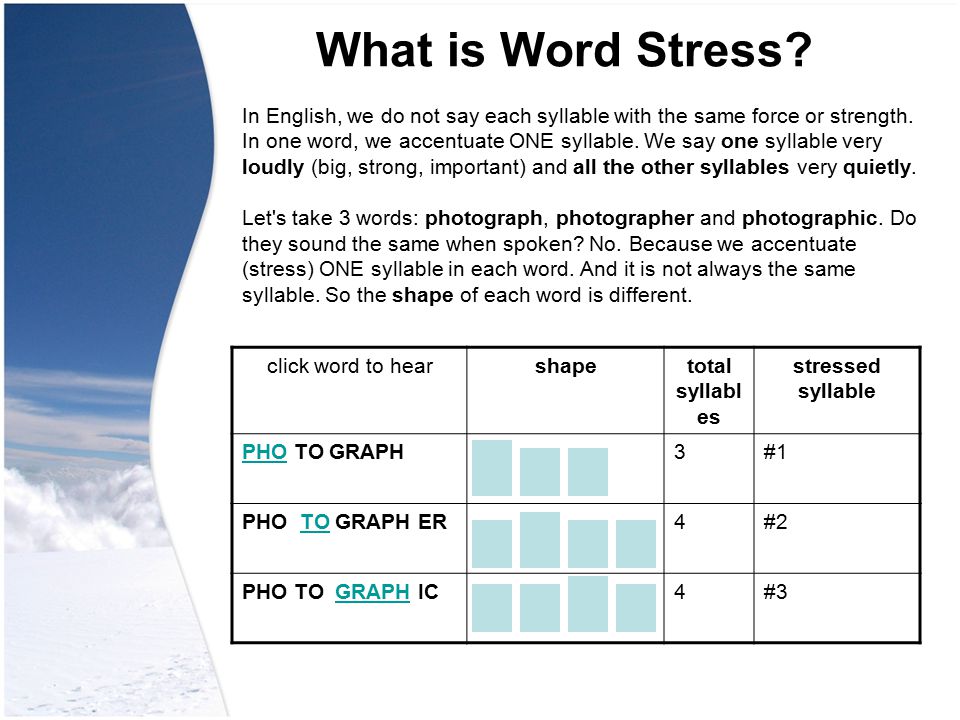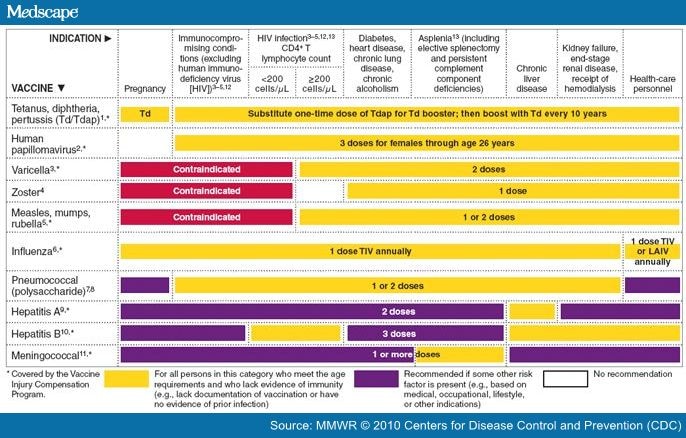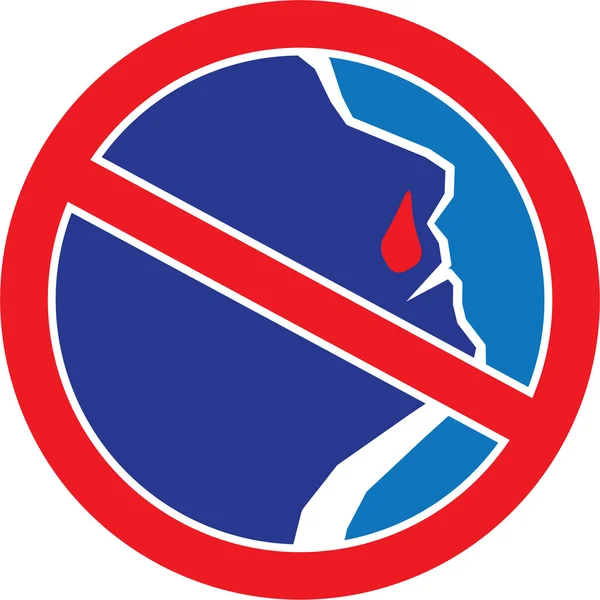Flu symptoms in newborn
Influenza (flu) and your baby
The flu can be dangerous for all babies, even those who don’t have any underlying health problems.
Babies 6 months and older need a flu vaccine every year.
Parents, other family members and caregivers need a flu vaccine every year to help protect babies who are too young to get the vaccine.
If you think your baby has the flu, call their provider right away. Quick treatment can help prevent serious flu complications.
What is the flu?
Influenza (also called flu) is a virus that can cause serious illness. It’s more than just a runny nose and sore throat. It’s really important to protect babies and young children from the flu because it can make them very sick, and in some rare cases can even cause death. In 2017, the flu caused a record number of deaths in children. Most of the children who died didn’t get a flu vaccine.
How does the flu spread?
The flu spreads easily from person to person. When someone with the flu coughs, sneezes or speaks, the virus spreads through the air. Your baby can get infected with the flu if your baby comes into contact with someone with the flu, breathes the virus in or touches something (like a toy) that has the flu virus on it and then touches their nose, eyes or mouth.
People with the flu may be able to infect others from 1 day before they get sick up to 5 to 7 days after. People who are very sick with the flu or young children may be able to spread the flu longer, especially if they still have symptoms.
Does your child need a flu vaccine every year?
Yes. The Centers for Disease Control and Prevention (also called CDC) and the American Academy of Pediatrics (also called AAP) recommend that everyone 6 months and older get the flu vaccine each year. It’s especially important for children younger than 5 to get it because they’re more likely than older kids to have serious health problems caused by the flu. The flu can be dangerous for all children, even healthy children.
The best way to protect your child from the flu is to make sure they gets a flu vaccine each year before flu season (October through May). Even though your child’s more likely to get the flu during flu season, they can get it any time of year.
There are two ways for your child to get the flu vaccine:
- Flu shot. Children 6 months and older can get the flu shot.
- Flu nasal spray. This is a spray your child’s provider puts in your child’s nose. Most children 2 years or older can get the flu nasal spray. But it’s not recommended for children who have certain health conditions, like asthma, heart and lung problems, or a weak immune system that doesn’t protect them well from infection. The flu nasal spray also isn’t recommended for children who take certain medicines for a long time, like aspirin (called long-term aspirin therapy).
The first time your baby gets the flu vaccine, two doses are given to give the best protection from the flu.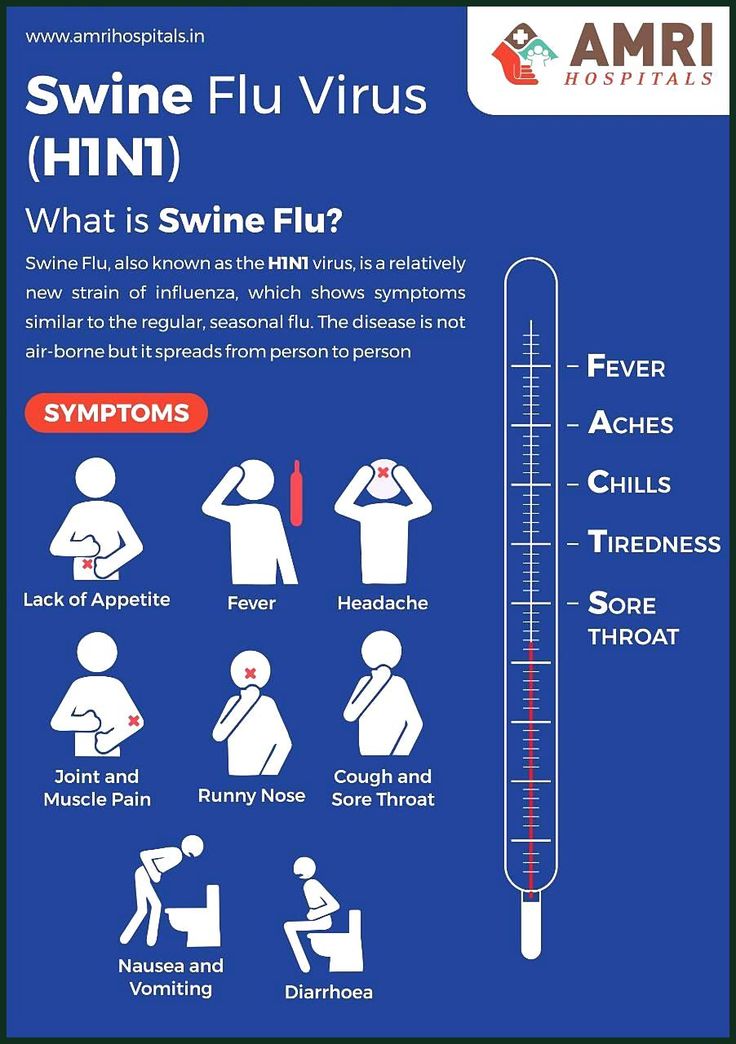 Your child gets one dose of the vaccine every year after.
Your child gets one dose of the vaccine every year after.
If you’re not sure which vaccine is best for your child, ask their health care provider. Visit flu.gov to learn more about flu vaccines.
The flu vaccine is safe for most children, even babies born preterm (before 37 weeks of pregnancy). But if your child had a bad reaction to the flu vaccine in the past, tell their provider. The provider may want to watch your child closely after getting the vaccine to check for a reaction. If your child is allergic to eggs, talk to their provider to decide if it’s OK to get the flu vaccine. Some flu vaccines are made from eggs.
There are many different flu viruses, and they’re always changing. Each year a new flu vaccine is made to protect against three or four flu viruses that are likely to make people sick during the upcoming flu season. With the vaccine, protection from the flu lasts about a year, so it’s important to get your child vaccinated each year. You get the vaccine from their provider or from other places, like pharmacies, that offer it.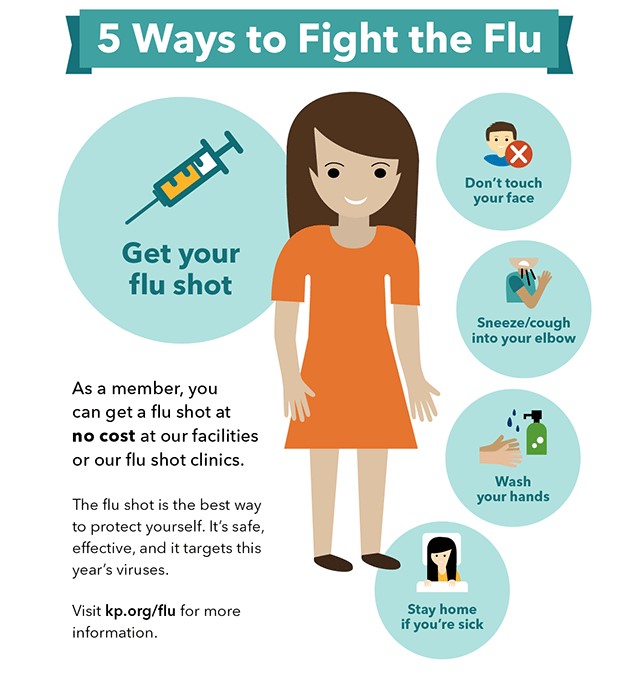 Use the HealthMap Vaccine Finder to find out where you can get a flu vaccine for your child.
Use the HealthMap Vaccine Finder to find out where you can get a flu vaccine for your child.
Are some children more likely to have serious health problems caused by flu than others?
Yes. Babies and children younger than 5 years old—and especially those younger than 2 years old-- are more likely than older children to have complications from the flu. Babies born preterm also are at increased risk of serious complications from flu. The CDC recommends that babies who were born preterm get most vaccines, including the flu vaccine, according to their chronological age (the time since birth). Even if a baby is born small or with a low birthweight, they can get vaccines at the same time as other babies who are the same age. If you have a baby who was born preterm, talk your baby’s provider to make sure your baby gets the flu vaccine on time. Children with chronic health conditions, like asthma, heart disease or blood disorders, also are at high risk of flu complications.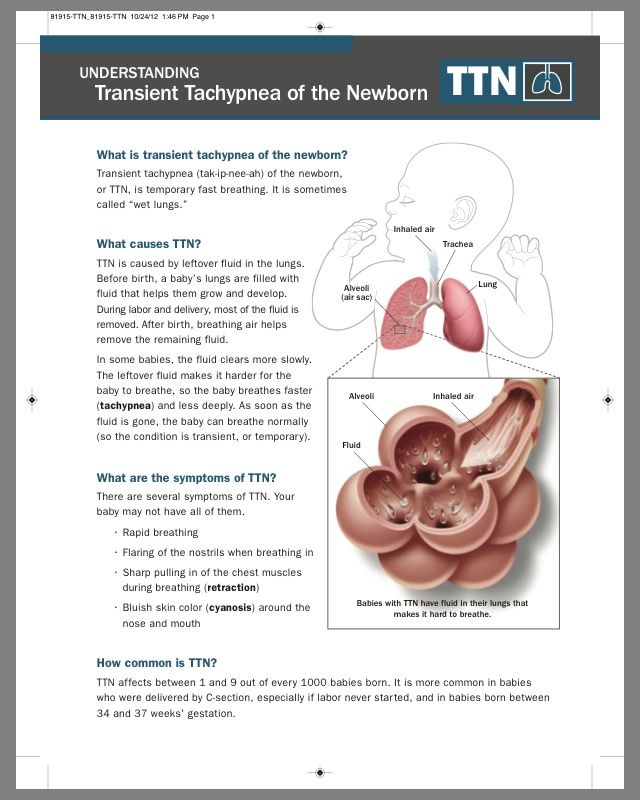
What health problems can flu cause in children?
Complications from flu in children younger than 5 years old include:
- Making chronic health conditions, like heart disease or asthma, worse.
- Brain problems, like encephalopathy. Encephalopathy is any brain disease that affects the brain’s structure or how the brain works.
- Dehydration. This means not having enough water in your body.
- Pneumonia. This is an infection in one or both lungs.
- Sinus problems and ear infections. Sinus infections can happen when fluid builds up in the sinuses.
- Death. Flu complications can sometimes lead to death, but this is rare.
What are signs and symptoms that your baby has the flu?
Signs of a condition are things someone else can see or know about you, like you have a rash or you’re coughing. Symptoms are things you feel yourself that others can’t see, like having a sore throat or feeling dizzy.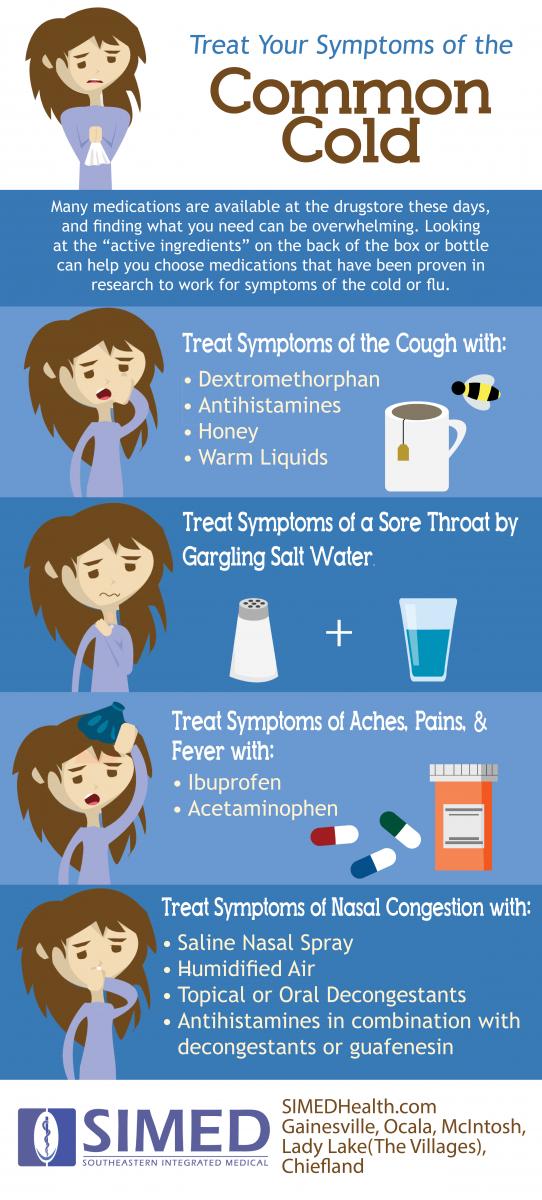 If your baby has any of these signs and symptoms of the flu, call your baby's health care provider right away or take him to see his provider:
If your baby has any of these signs and symptoms of the flu, call your baby's health care provider right away or take him to see his provider:
- Being very tired or sleepy (also called fatigue)
- Cough
- Fever (100 F or above), chills or body shakes. Not everyone who has the flu has a fever.
- Headache, or muscle or body aches
- Runny or stuffy nose
- Sore throat
- Vomiting (throwing up) or diarrhea
The flu often comes on quickly. Fever and most other signs and symptoms can last a week or longer. While your baby can’t tell you how they’re feeling, babies who have the flu often are sicker, fussier and seem more uncomfortable and unhappy than babies with a common cold. If you think your baby has the flu even if they got a flu vaccine, call their health care provider.
The following are signs and symptoms that your baby needs care at a hospital emergency room:
- Being so fussy that they don't want to be held
- Bluish color of lips or face
- Chronic health conditions, like asthma, that get worse
- Fast breathing, trouble breathing, chest pain or ribs pulling in with each breath
- Fever in a baby younger than 12 weeks old, fever above 104 F in older babies or children, or fever with a rash
- Fever or cough that gets better but then returns and gets worse
- Having seizures.
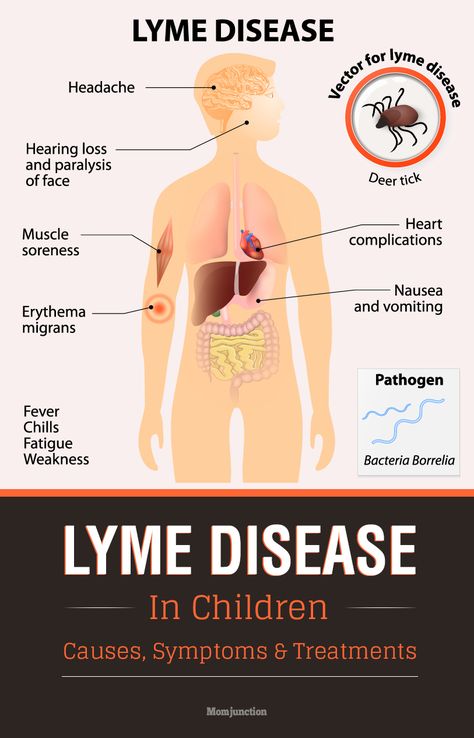 A seizure is when the whole body or parts of the body move without control.
A seizure is when the whole body or parts of the body move without control. - Not drinking enough fluids or not making as much urine as she normally does. If your baby doesn’t make urine for 8 hours, has a dry mouth or doesn’t make tears when crying, she may be dehydrated.
- Not waking up, or not being alert or interacting with you when she is awake
- Severe muscle pain. It may be so severe your child can’t walk.
- Vomiting (throwing up) that’s severe or doesn’t stop
Your baby doesn’t need to have all these symptoms for you to get emergency medical care. You are your baby’s best advocate and know your baby best.
How is flu treated in babies and children?
Your baby’s provider may prescribe an antiviral medicine to prevent or treat the flu. An antiviral is a medicine that kills infections caused by viruses. Antivirals can make your baby’s flu milder and help your baby feel better faster. Antivirals also can help prevent serious flu complications, like a lung infection called pneumonia.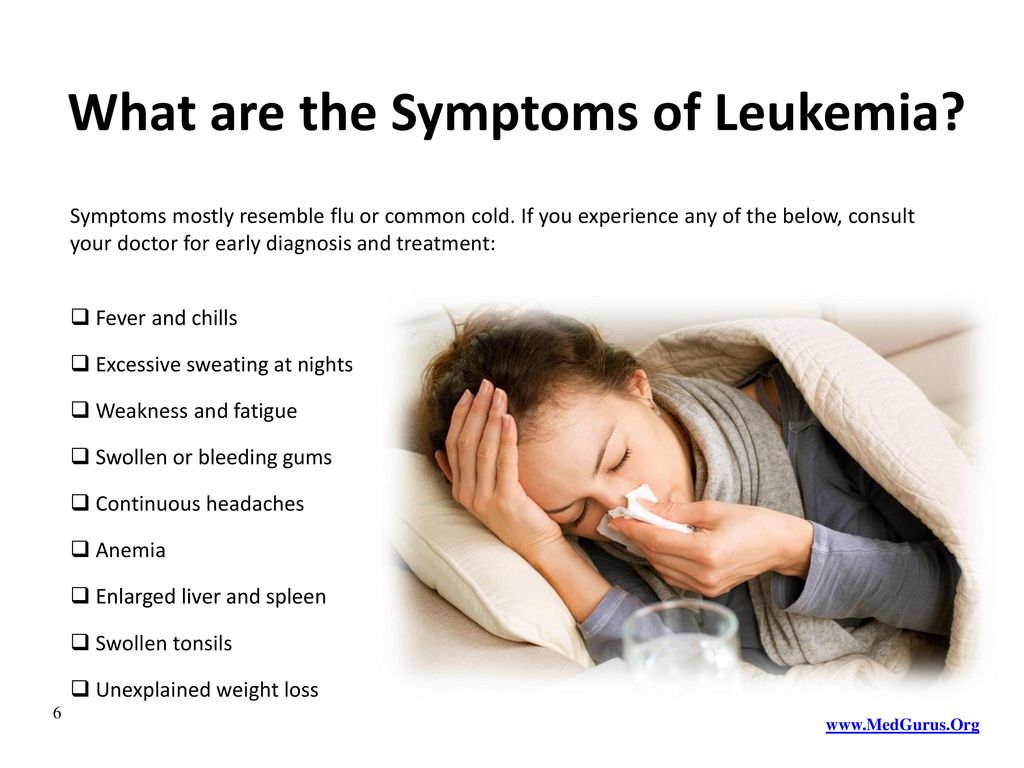 For flu, antivirals work best if used within 2 days of having signs or symptoms.
For flu, antivirals work best if used within 2 days of having signs or symptoms.
If your baby is at high risk for flu, the provider may prescribe an antiviral as soon as they begin to have flu symptoms. All children younger than 5 are at high risk for flu, especially children younger than 2. Children who were born preterm or who have chronic health conditions, like asthma or sickle cell disease, also are at high risk.
Three medicines are approved in the United States for preventing or treating the flu in children:
- Oseltamivir (Tamiflu®) for children as young as 2 weeks. This medicine comes as a capsule or liquid.
- Zanamivir (Relenza®) for children at least 5 years old. This medicine is a powder that your child breathes in by mouth. It isn’t recommended for people with breathing problems, like asthma.
- Peramivir (Rapivab®) for children at least 2 years old. This medicine is given through a needle into a vein (also called IV) by a health care provider.

If your baby has the flu, help them get lots of rest and drink plenty of fluids. Your baby may not want to eat much. Try giving small meals to help your baby get better.
If your baby seems uncomfortable from a fever, ask their provider if you can give infant’s or children’s acetaminophen (Tylenol®) or ibuprofen (Motrin® or Advil®). Don’t give your baby aspirin without checking with their health care provider. Aspirin can cause a rare but life-threatening liver disorder called Reye syndrome in children with certain illnesses, such as colds, the flu and chickenpox.
If your baby has a cough or a cold, talk to your baby’s provider about ways to treat it. AAP warns that over-the-counter cough and cold medicines can cause problems for infants and children 4 years old and younger. It’s always best to talk to your provider before giving your baby any kind of medicine.
How can you stop the flu from spreading?
Everyone 6 months and older needs to get a flu vaccine. This means you, especially if you have or take care of a baby younger than 6 months. Getting a flu vaccine can help keep you from spreading the flu.
This means you, especially if you have or take care of a baby younger than 6 months. Getting a flu vaccine can help keep you from spreading the flu.
If you or your child has the flu, you can spread it to others. Here’s how to help prevent the flu from spreading:
- Keep your child home from day care, school or camp for at least 24 hours after their fever (100 F or higher) is gone. The fever should be gone without using a medicine that lowers fever, such as Tylenol.
- Avoid contact with other people.
- Don’t kiss your baby and avoid touching your eyes, nose and mouth.
- Teach your child to cough or sneeze into a tissue or their arm. Throw used tissues in the trash.
- Wash your hands with soap and water before and after caring for your baby. You also can use alcohol-based hand sanitizers. Use enough hand sanitizer so that it takes at least 15 seconds for your hands to dry.
- Clean surfaces and toys that may have the flu virus on them.
- Use hot, soapy water or a dishwasher to clean your baby’s dishes and utensils.
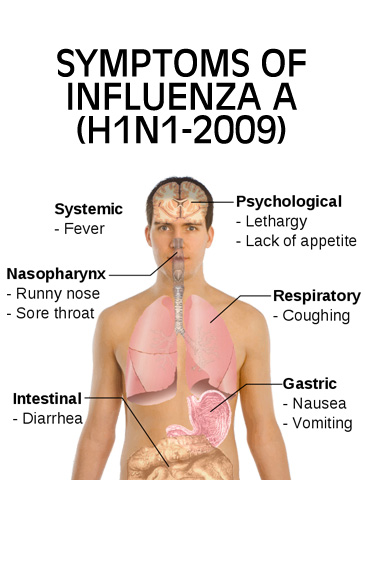
- Don’t share any of your baby’s dishes, glasses, utensils or toothbrush.
More information
Flu.gov
Flu Vaccines are Important for Children | CDC
What is the Flu? Common Influenza Questions (familiesfightingflu.org)
Last reviewed: November, 2022
Flu Symptoms: When To Bring Your Child Into The Emergency Center
We are in the midst of one of the most severe flu seasons in a decade. Texas Children’s alongside hospitals across the nation have seen a major jump in flu-related emergency center visits over the past several weeks. It’s important for parents to understand when they should or shouldn’t bring their child into an emergency center with flu-like symptoms. The flu can cause a variety of symptoms and effects, ranging from mild to severe. Most healthy people, including children, can recover from the flu without complications, and don't need to go to the emergency center or seek hospitalization. Symptoms of the flu can include:
- Fever or chills
- Headaches
- Fatigue
- Coughing
- Sore throat
- Runny or stuffy nose
- Body aches
- Diarrhea
- Vomiting
A child with these regular flu-like symptoms can usually be cared for at home with fever-reducing medication, like Tylenol or Ibuprofen, clear fluids and bed rest. If diagnosed early enough, some children might benefit from Tamiflu, a medication that requires a prescription from your pediatrician. To ensure your child has fully recovered from the flu, he/she should stay home for at least 24 hours after the fever is gone. If your child's flu-like symptoms return and worsen, or if your child is at high risk for developing flu-related complications (he/she is younger than 2 years old or has a chronic condition like asthma, epilepsy, lung disease, heart disease, sickle cell disease, cancer, etc.), call your child’s pediatrician to seek evaluation.
If diagnosed early enough, some children might benefit from Tamiflu, a medication that requires a prescription from your pediatrician. To ensure your child has fully recovered from the flu, he/she should stay home for at least 24 hours after the fever is gone. If your child's flu-like symptoms return and worsen, or if your child is at high risk for developing flu-related complications (he/she is younger than 2 years old or has a chronic condition like asthma, epilepsy, lung disease, heart disease, sickle cell disease, cancer, etc.), call your child’s pediatrician to seek evaluation.
Click here to schedule an appointment online.
You should seek immediate medical care in an emergency center if your child exhibits any of these core warning signs:
- Return of flu-like symptoms with worsened fever, cough
- Fast or troubled breathing
- Cyanosis, a bluish discoloration of the skin
- Dehydration, a lack of fluid consumption (no tears with crying, dry lips and mouth, no urination in more than eight hours)
- Severe lethargy
- Irritability
In adults, core warning signs signaling a need for urgent medical attention include:
- Return of flu-like symptoms with worsened fever, cough
- Difficulty breathing, or shortness of breath
- Pain or pressure in the chest or abdomen
- Sudden dizziness
- Confusion or altered mental state
- Severe or persistent vomiting
Just remember: Although most flu-related illnesses can be treated at home, please seek immediate medical care if you're especially concerned about your child’s health, or if your child exhibits any of the core warning signs.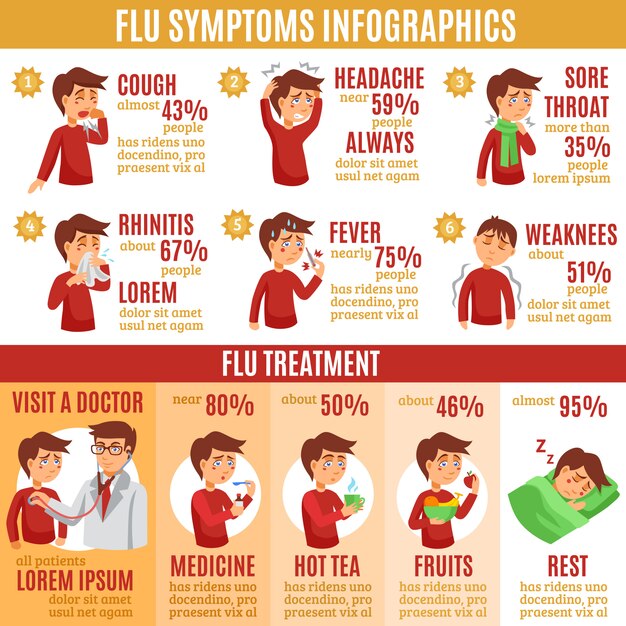 The flu vaccine is the best way to protect yourself and your family from flu infection. It isn't too late to get your flu shot!
The flu vaccine is the best way to protect yourself and your family from flu infection. It isn't too late to get your flu shot!
Why I give my kids the flu shot
Flu symptoms? Where to go, and when
10 common myths regarding the influenza (flu) vaccine
Influenza in babies
Published: May 13, 2020
Children's illnesses always cause concern among parents. And seasonal flu in infants, despite its apparent simplicity, can provoke serious consequences. In order for the situation to end favorably, it is important to seek medical help in time, follow the doctor's recommendations and take preventive measures in the future to help avoid health troubles.
Contents of the article
What is the danger of influenza in young children? nine0009
Influenza is viral in nature. Once in the body, pathogens actively multiply, causing discomfort in the form of inflammation. If treatment is not started on time, influenza in infants can provoke otitis media.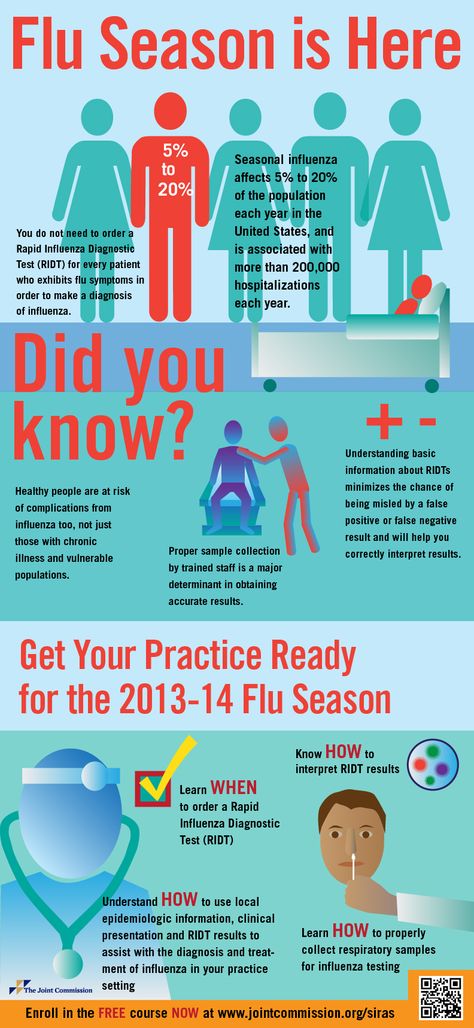 This disease manifests itself in the form of loss or hearing loss. With an untimely reaction, the complication can become irreversible, depriving the child of a full life.
This disease manifests itself in the form of loss or hearing loss. With an untimely reaction, the complication can become irreversible, depriving the child of a full life.
Influenza is also characterized by less serious problems in the form of weight loss. Since the child refuses to eat, he begins to lose body weight, which in infancy negatively affects the growth and development of the body. nine0003
Signs of influenza in newborns
Influenza, unlike SARS, begins with a significant increase in temperature, which usually immediately exceeds 38 °C. At the same time, the child is naughty, refuses to eat, he has difficulty breathing, but there is no runny nose. By the end of the first day, a number of symptoms are added:
- Headache. A newborn cannot, due to age characteristics, report that he is in pain. But by crying, which does not stop, you can determine that he feels bad. nine0022
- Wheezing. There is no cough, but shortness of breath with a wheeze and a hoarse voice suggest a viral infection.
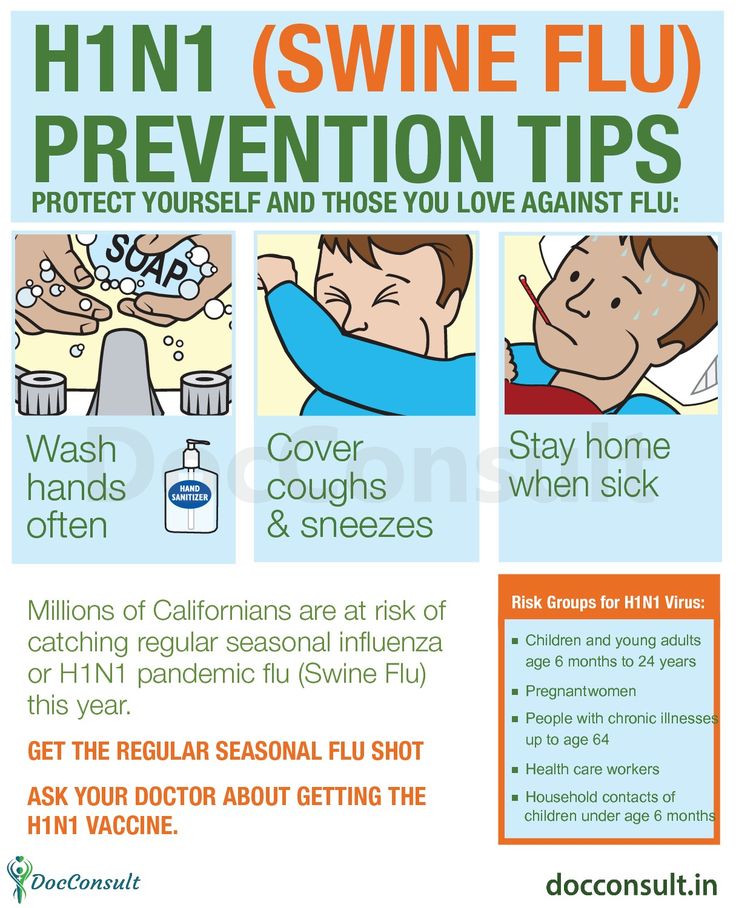
On the second day cough, runny nose, sore throat are added. It may seem that this is a typical SARS, but the difference in the sequence of symptoms may indicate the opposite. With the flu, a temperature usually appears first, and then these signs. In a normal viral infection, temperature usually occurs after the onset of local inflammatory reactions. nine0003
How to treat?
To determine how to treat the flu in a baby, it is necessary to call a doctor at the first symptoms. After the examination, it is important to clearly follow the recommendations of a specialist so that the disease recedes without complications. At the same time, it is important to follow some rules that will help to overcome the disease faster and easier:
- It is necessary to dress the baby warmly. Since the disease is accompanied by chills, to create maximum comfort for the newborn, it is necessary to dress him so that he is not cold. At the same time, it is important to change his clothes after they get wet from profuse sweating.
 nine0022
nine0022 - Ensure the use of juice, warm boiled water. Children are reluctant to eat when they are sick, but it is not recommended to stop breastfeeding, as this is a natural remedy that helps to defeat the virus. At the same time, to replenish lost water as a result of sweating, it is worth giving the baby juices, warm boiled water and herbal decoctions recommended by the pediatrician.
- Body temperature control. Anything below 38 ° C is not recommended to shoot down. The body produces antibodies that can defeat the virus. If you give an antipyretic, then the activity of the immune system decreases, which leads to its suppression. nine0022
- Air baths at temperature. At a low temperature, you can alleviate the condition of the child by wiping him with warm water.
- Nasal irrigation with saline solutions. To bring the mucous membrane to a normal state, it is necessary to rinse it with saline solutions before using drops in the nose. This approach increases the effectiveness of local drugs and returns the mucous membranes to their natural state.

In case of severe inflammation and bacterial infection, the doctor may prescribe antibiotics, accompanying them with drugs to restore the digestive system. nine0003
What not to do?
Do not self-medicate using drugs without the knowledge of a doctor. Many drugs are contraindicated at this age and can harm the baby.
It is not recommended to use aromatic oils for treatment, as they can provoke an allergy, fraught with anaphylactic shock.
Warming up and other physiotherapy are done only after agreement with the pediatrician.
Prevention of influenza in newborns
General immunity is responsible for the severity of a viral infection. The stronger it is, the easier and faster the disease is tolerated. And the frequency of infections depends on local immunity. It is the condition of the mucous membranes of the nasopharynx that determines how often the child will get sick.
To strengthen the strength of the body, it is necessary to use preventive measures:
- Influenza vaccination.
 If during pregnancy in the second or third trimesters a woman was vaccinated, then the administered drug is able to protect the child for some time after his birth. As for vaccinations for a baby, it can be done from 6 months of age. But only after consultation with a specialist. nine0022
If during pregnancy in the second or third trimesters a woman was vaccinated, then the administered drug is able to protect the child for some time after his birth. As for vaccinations for a baby, it can be done from 6 months of age. But only after consultation with a specialist. nine0022 - Maintaining optimal humidity in the apartment. Dry air adversely affects the mucous membranes, which leads to a deterioration in its barrier properties, so it is necessary to humidify the air. This rule is especially true with the onset of the heating season. To maintain the microclimate, you can use a humidifier. The device is inexpensive, besides, it cleans and refreshes the air.
- Getting rid of dust accumulators. An abundance of soft toys, figurines and other items that can collect dust is not the best way to decorate a nursery. Dust disrupts the natural microclimate and provokes a deterioration in the condition of the mucous membranes. nine0022
- Regular ventilation. During air exchange with the environment with the passage of fresh air flows in the atmosphere of the room and the apartment as a whole, pathogenic viruses and bacteria do not linger.
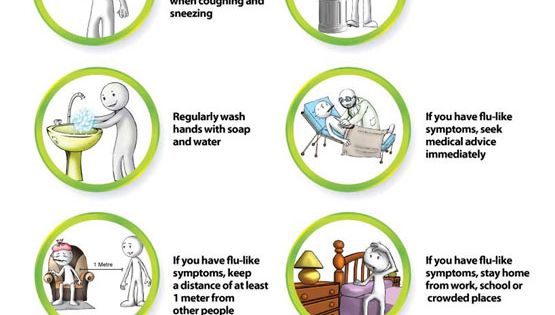
- Hardening. As soon as the child begins to take the first steps, it is important to allow him to stand on the floor with bare feet. At first, it is worth giving the procedure a small amount of time, gradually increasing it.
- Nasal wash. During seasonal viral infections, it is important to rinse the nose with saline or sea water. Such a procedure will improve the state of local immunity, wash away the viruses that have got inside, and facilitate hygiene. nine0022
- Walks. It is recommended to avoid visiting public places, but you still need to walk on the street regularly.
There are drugs to strengthen your own defenses and protect against influenza viruses. As such a remedy, many experts prescribe Derinat drops to newborns. They are approved for use from the first day of life and act on several levels at once: they counteract viruses and strengthen mucous membranes, improving their protective properties. Derinat drops are suitable for both the treatment of influenza and its prevention.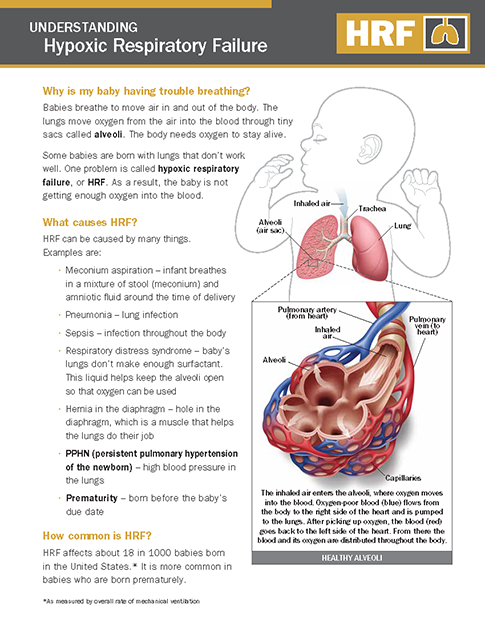 Read more about the drug and its properties on our website. nine0003
Read more about the drug and its properties on our website. nine0003
Derinat products
- Drops
- Spray
- Bottle
Useful articles:
symptoms, signs and treatment. How not to infect and how to protect a newborn baby from a cold?
Colds in babies under one year of age worry parents for a reason. At such an early age, when the work of natural defense mechanisms is still imperfect, even simple acute respiratory viral infections are difficult, and their consequences can be dangerous. In this article, we will tell you how to recognize a cold in time and how to treat it in order to help your baby recover faster and protect him from complications. nine0104
Causes of colds in infants
What we used to call a cold is actually an infectious disease - SARS. Its cause is viruses that infect the respiratory mucosa and cause inflammation, which is manifested by characteristic symptoms. ARVI is called a cold due to the fact that most often the disease develops against the background of hypothermia. It weakens local and general immunity, and viruses freely attack the respiratory tract. nine0003
ARVI is called a cold due to the fact that most often the disease develops against the background of hypothermia. It weakens local and general immunity, and viruses freely attack the respiratory tract. nine0003
Note
There are more than 300 types of ARVI pathogens [1] . Among them are adenoviruses, rhinoviruses, influenza and parainfluenza viruses and others. It is usually impossible to determine exactly which of them caused the cold, so it is preferable to take drugs with a wide spectrum of antiviral action.
The disease is actively spread by airborne droplets: viruses enter the body by inhaling particles of infected saliva, which the patient releases into the environment when coughing and sneezing. You can also get infected by contact - through objects or a handshake (which is why doctors recommend washing your hands as often as possible during the epidemic season). nine0003
Everyone can get SARS, but a cold in a newborn is very rare. In the first three to six months, the baby's body is protected by antibodies received from the mother during fetal development. In addition, breastfeeding plays an important role in protecting the child from infections. Mother's milk contains protective factors that increase the resistance of the child's body. Formula-fed babies have a higher risk of getting sick.
In the first three to six months, the baby's body is protected by antibodies received from the mother during fetal development. In addition, breastfeeding plays an important role in protecting the child from infections. Mother's milk contains protective factors that increase the resistance of the child's body. Formula-fed babies have a higher risk of getting sick.
Be that as it may, within six months there is a decrease in the stock of maternal antibodies, and its own immunity has not yet been formed during this time, so a cold in the baby is quite likely. Another thing is that infants, unlike preschool children, are less likely to encounter sources of infection. Thinking about how to protect the baby from a cold, responsible parents try to minimize his contacts with others, avoid traveling with the baby in public transport, visiting shops and other places with a large crowd of people with him. nine0003
However, the risk cannot be completely eliminated, even if all precautions are taken.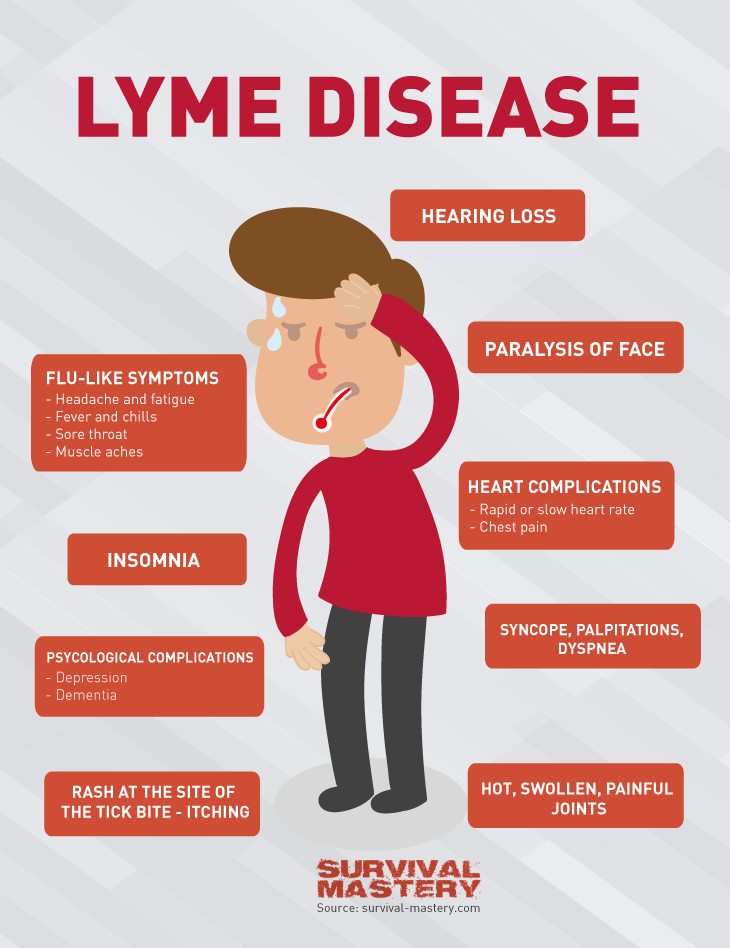 A baby can get SARS from relatives. The most common situation is when the father or older children "bring" a cold home. Weak immunity of the baby poorly resists the attack of viruses, and the disease develops rapidly.
A baby can get SARS from relatives. The most common situation is when the father or older children "bring" a cold home. Weak immunity of the baby poorly resists the attack of viruses, and the disease develops rapidly.
Everyone knows how a cold behaves. Fever, weakness, sore throat, cough and runny nose are familiar to everyone. The problem is that by external signs, parents are not always able to determine that the baby has a cold. The situation is aggravated by the fact that the baby is not yet able to talk about his well-being. Meanwhile, it is necessary to identify a cold as early as possible: delay or improper treatment threatens the development of complications, which at this age pose a great danger to a fragile body. What are the symptoms of a cold? nine0003
Some reflexes in children of the first year of life are not yet formed. So, babies do not know how to blow their nose and cough. Because of this, mucus is not removed on time, but accumulates in the respiratory tract and serves as a breeding ground for bacteria. Therefore, against the background of a cold, a baby can also get otitis media, bronchitis, and pneumonia.
Therefore, against the background of a cold, a baby can also get otitis media, bronchitis, and pneumonia.
Nasal congestion can manifest itself as follows: the child breathes with an open mouth and has difficulty in taking milk. He throws the breast (or bottle) even when he is hungry, refuses the pacifier. nine0003
Fever is another characteristic symptom of ARVI, which is also not always the case in infants. Most often, the temperature in infants with a cold still rises, but only slightly.
Attentive parents notice changes in the general condition and behavior of the baby. The child becomes lethargic or, on the contrary, restless, often cries for a long time, while it is difficult to calm him down. Day and night sleep is disturbed: the baby constantly wakes up or sleeps too much, while before this was uncharacteristic for him. nine0003
When a baby has a cold, appetite worsens. This is due to difficulty breathing through the nose and general intoxication. Abundant regurgitation and vomiting are possible.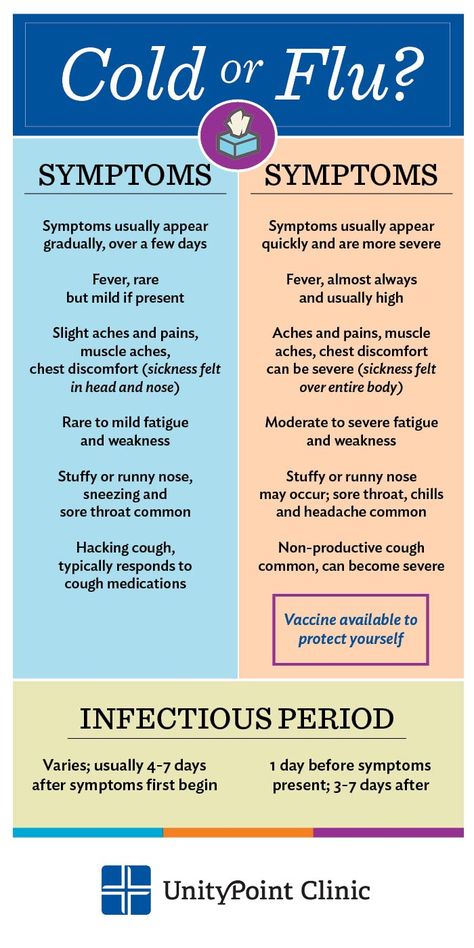 Malnutrition and dehydration (fluid loss due to fever) exacerbate the severity of the child's condition.
Malnutrition and dehydration (fluid loss due to fever) exacerbate the severity of the child's condition.
A few days after the onset of the disease, the clinical picture is no longer in doubt. But during this period, if the treatment was not started in a timely manner, bacterial complications may also join the indicated symptoms. Therefore, parents should carefully monitor the condition of the child and pay attention to any, even minor, deviations from the norm. nine0003
Rare in infants during the first year of life
Runny nose
May have nasal discharge, repeated sneezing; The child tries to breathe with the mouth of
Violation of appetite
Infant refuses the chest or nipple
Sleep disorder
The child is more difficult to fall asleep, and it is often raised or more often poured out, and it is often raised or more often, or more often flies up.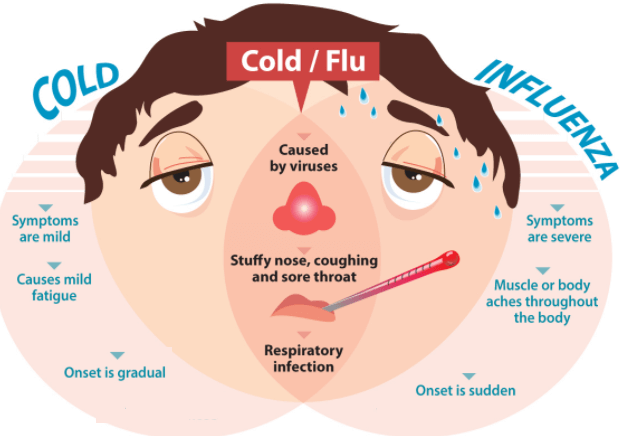 than usual
than usual
Changes in the behavior
The baby looks apathetic and sluggish or seems excessively capricious and restless - any uncharacteristic behavior should alert
PIENTION OF THE CONCLUSIONA care. First of all, it is necessary to provide suitable conditions in the room. Viruses “love” dry, stagnant air, so ventilate the apartment as often as possible and use a humidifier if possible. If it is cold outside, take the baby to another room while airing. In warm weather, you can walk - provided that the child has a normal temperature. nine0003
Dress your baby in a comfortable way. Hypothermia should be avoided, but overheating is unacceptable, especially at high temperatures.
Pediatricians have specific recommendations regarding feeding. Mother's milk is the best cold medicine for babies: it contains immunoglobulins and has protective properties. But the appetite of a sick baby is often reduced, and in no case should you force feed him. It is better to put the baby to the breast more often, but not for long.
But the appetite of a sick baby is often reduced, and in no case should you force feed him. It is better to put the baby to the breast more often, but not for long.
Please note
When a baby has a cold, it is very important that he drink enough fluids. Between feedings, offer your baby water, rosehip broth or dried fruit compote without sugar.
If you have a runny nose, doctors advise you to wash your child's nose with saline solutions. In any pharmacy you can buy preparations based on sea water. They gently cleanse and moisturize the nasal mucosa.
Antiviral therapy
All of the above measures help the baby's body fight the disease, but to eliminate the main cause of a cold, it is recommended to resort to specific antiviral therapy. It is effective at the very beginning - preferably on the first day of the disease.
The difficulty is that there are very few antiviral drugs that can be given to children from birth.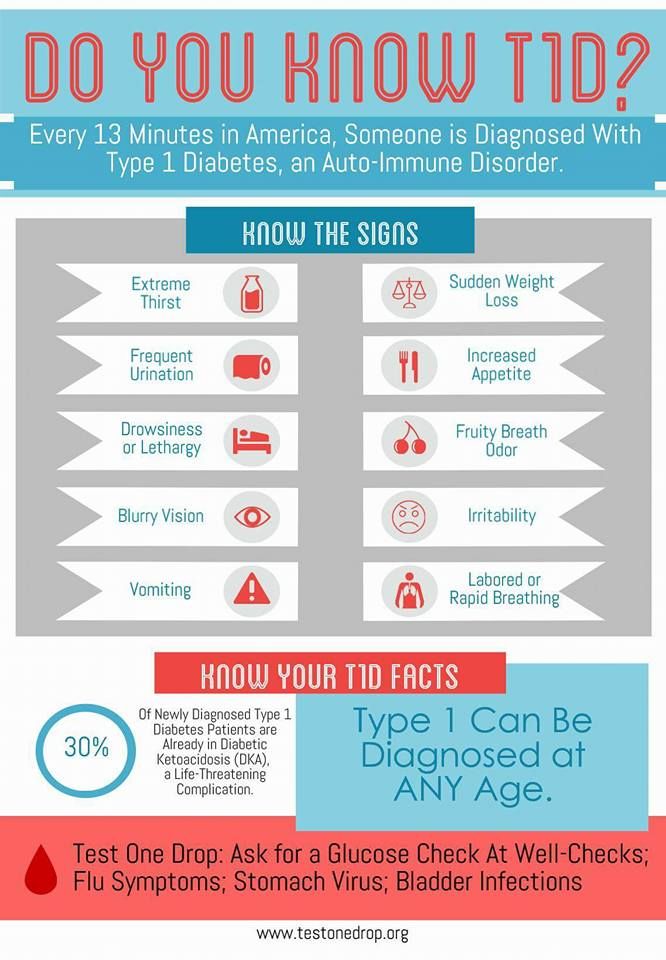 In fact, all possible approaches to the treatment of colds in infants come down to the appointment of two groups of drugs. These are ready-made interferon preparations or homeopathic remedies. The latter are also adjacent to the so-called release-active drugs. The rest of the cold remedies for infants are contraindicated: they are prescribed for older children (at least from a year old). nine0003
In fact, all possible approaches to the treatment of colds in infants come down to the appointment of two groups of drugs. These are ready-made interferon preparations or homeopathic remedies. The latter are also adjacent to the so-called release-active drugs. The rest of the cold remedies for infants are contraindicated: they are prescribed for older children (at least from a year old). nine0003
Interferon preparations
Interferon is a protein produced by body cells in response to the penetration of foreign agents. It has a wide spectrum of action against various types of pathogens of SARS (and not only). Interferon inhibits the growth and reproduction of viruses, and also activates other immune factors.
Taking these properties of a protective protein as a basis, scientists created ready-made interferon preparations and agents that stimulate its production by body cells. Both those and others are widely used today in the treatment of influenza and SARS.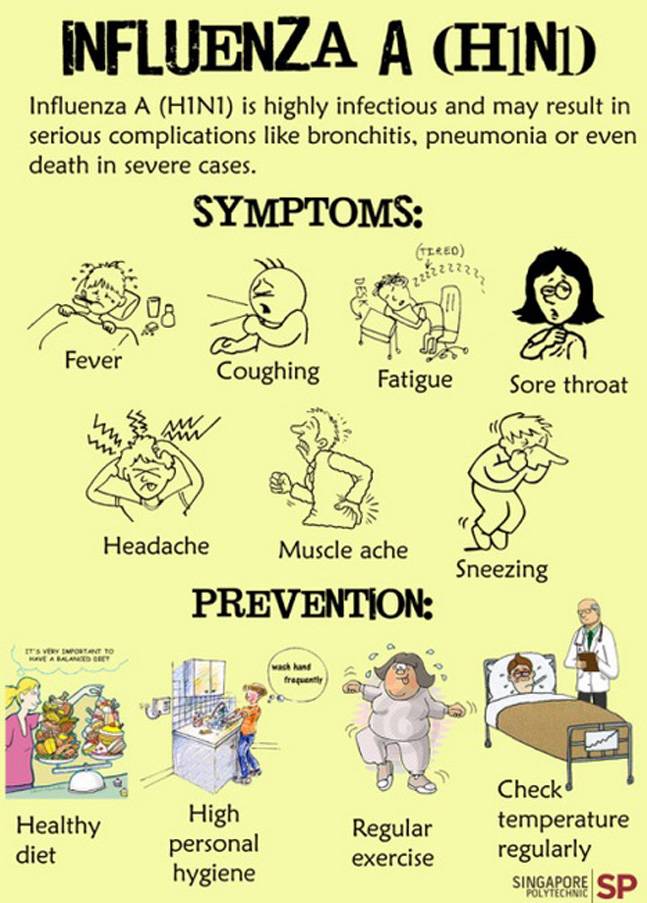 But the so-called interferon inducers are not prescribed for infants. First, they are immunostimulants and can unpredictably affect the functioning of the immune system. Secondly, in babies under one year old, the process of producing their own interferon (including under the influence of stimulants) has not yet been established, and the protective protein is not produced in the right amount. Therefore, pediatricians prescribe ready-made interferon preparations for infants with a cold. They begin to fight viruses immediately after application. Such funds are produced in different dosage forms. nine0003
But the so-called interferon inducers are not prescribed for infants. First, they are immunostimulants and can unpredictably affect the functioning of the immune system. Secondly, in babies under one year old, the process of producing their own interferon (including under the influence of stimulants) has not yet been established, and the protective protein is not produced in the right amount. Therefore, pediatricians prescribe ready-made interferon preparations for infants with a cold. They begin to fight viruses immediately after application. Such funds are produced in different dosage forms. nine0003
Nasal drops, ointments and sprays fight viruses in the lesion - in the nasal mucosa. The degree of their overall impact on the baby's body is minimal.
- "Genferon® light" (LP-002309) [2] . in the form of drops contains recombinant interferon alpha-2b and taurine. It can be used for children from 28 days. "Genferon® light" (LSR-009046/10) [3] . in the form of a spray contains 50,000 IU of interferon alfa-2b in one dose, approved for use from 14 years of age.
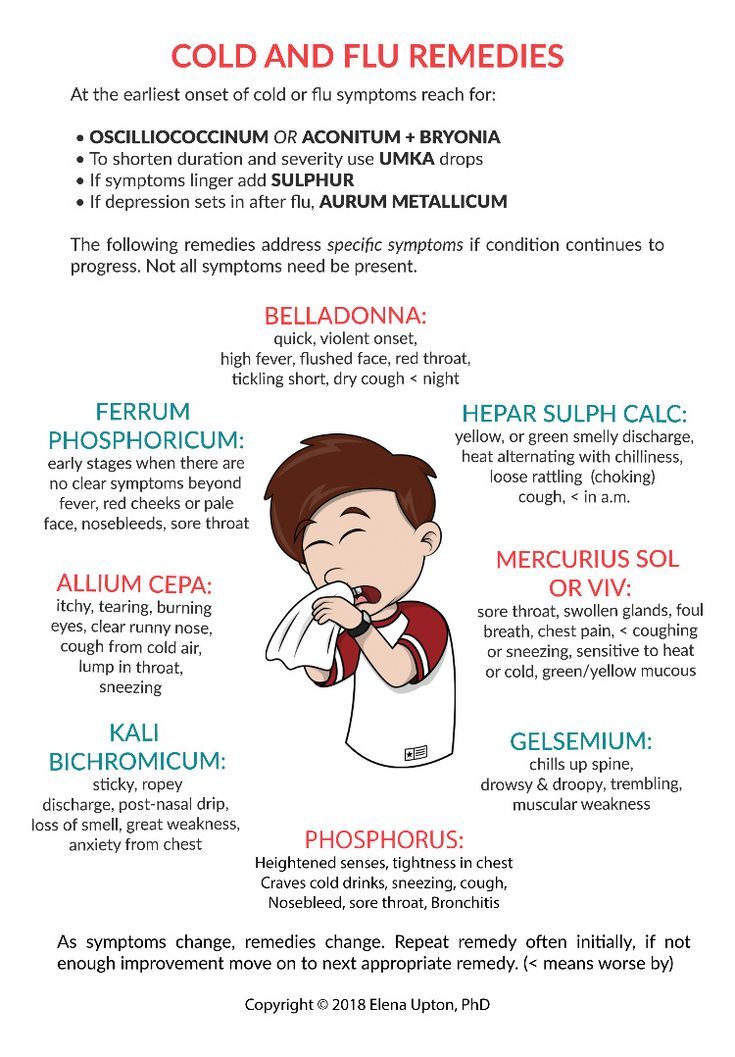
- Grippferon® (P N000089/01) [4] . in the form of drops contains recombinant (artificial) interferon alpha-2b. It can be used for children from birth. The recommended dosage is one drop in each nasal passage five times a day for five days.
- Viferon® (P N001142/02) [5] . in the form of a gel is also a preparation of interferon alfa-2b. Its use is permissible from the first days of life. The agent is applied to the nasal mucosa from three to five times a day for five days.
Preparations of finished interferon for children are also available in the form of suppositories. This form has many advantages. Firstly, the drops are effective at the earliest stage of a cold, while the viruses are on the nasal mucosa, and the disease manifests itself only through a runny nose. When the symptoms are more pronounced (which means that the viruses have penetrated deeper), a rapid entry of interferon into the blood is required, which becomes possible with rectal administration of the drug.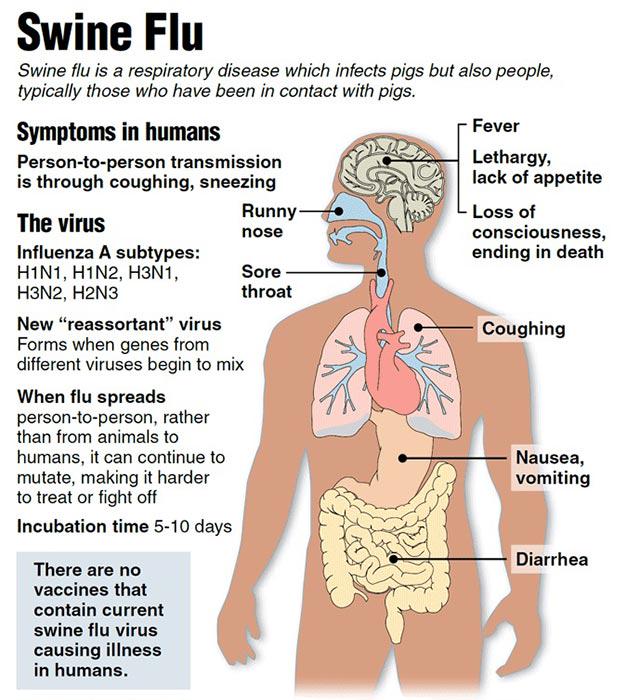 Secondly, nasal remedies require too frequent use. Candles are administered rectally twice a day. The active substance has a systemic antiviral effect, without affecting the gastrointestinal tract. And finally, suppositories are easy to use in infants: there is always a risk that the baby will spit out or burp the medicine in the form of a tablet, pill, syrup, and so on. nine0003
Secondly, nasal remedies require too frequent use. Candles are administered rectally twice a day. The active substance has a systemic antiviral effect, without affecting the gastrointestinal tract. And finally, suppositories are easy to use in infants: there is always a risk that the baby will spit out or burp the medicine in the form of a tablet, pill, syrup, and so on. nine0003
In Russia, three preparations of interferon in the form of suppositories are registered, approved for use in children from the first day of life:
- Genferon® light (LSR-005614/09) [6] - 125,000 IU;
- Viferon® (P N000017/01) [7] - 150,000 IU;
- Kipferon® (P N000126/01) [8] - 500,000 IU.
As you can see, the drugs differ in the dosage of interferon alfa-2b. This is an important criterion: there is the concept of drug load, and it is the higher, the greater the amount of the active substance. On the other hand, do not forget about efficiency. Why are the dosages so different? nine0003
It's all about the formulation.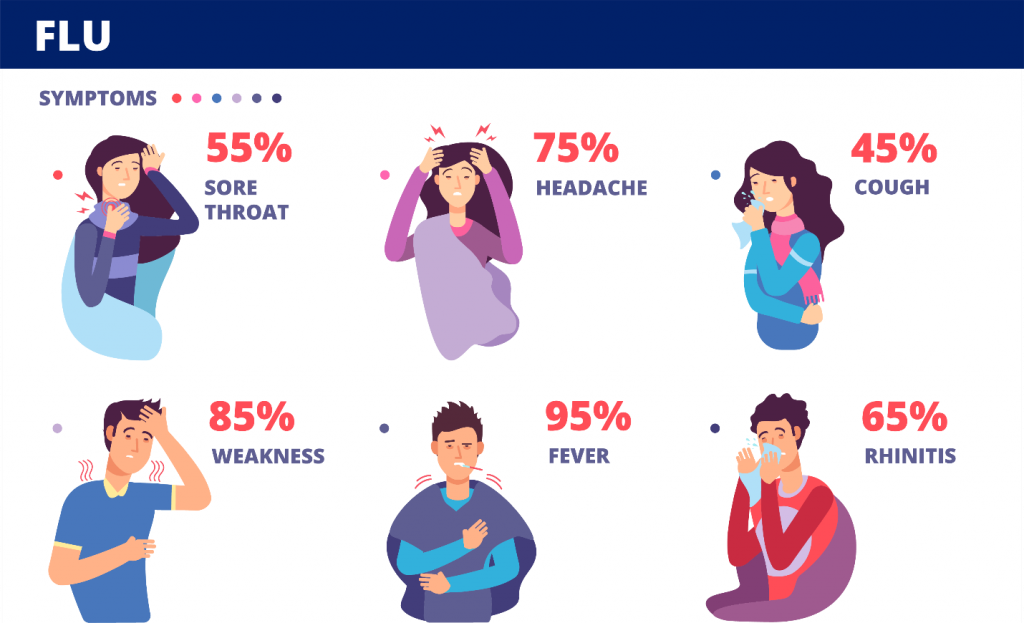 In the focus of inflammation, interferon is destroyed, and antioxidants are needed to preserve it. They are not present in Kipferon®. Perhaps that is why the dosage is the highest among analogues. Manufacturers of Viferon® added vitamins C and E to the composition, which protect interferon molecules from destruction. Due to this, the content of the active substance was reduced to 150,000 IU. As for candles "Genferon® light" (125,000 IU), they contain taurine, which is not only a powerful antioxidant, but also has antiviral activity [9] . This made it possible to further reduce the dosage (and hence the drug load) without sacrificing efficacy.
In the focus of inflammation, interferon is destroyed, and antioxidants are needed to preserve it. They are not present in Kipferon®. Perhaps that is why the dosage is the highest among analogues. Manufacturers of Viferon® added vitamins C and E to the composition, which protect interferon molecules from destruction. Due to this, the content of the active substance was reduced to 150,000 IU. As for candles "Genferon® light" (125,000 IU), they contain taurine, which is not only a powerful antioxidant, but also has antiviral activity [9] . This made it possible to further reduce the dosage (and hence the drug load) without sacrificing efficacy.
Note
To protect your baby from infections, family members must also carefully monitor their health. So, for the purpose of prevention, you can use the spray "Genferon® light" (the product is approved for use from the age of 14). It is also extremely important to take precautions after contact with sick people.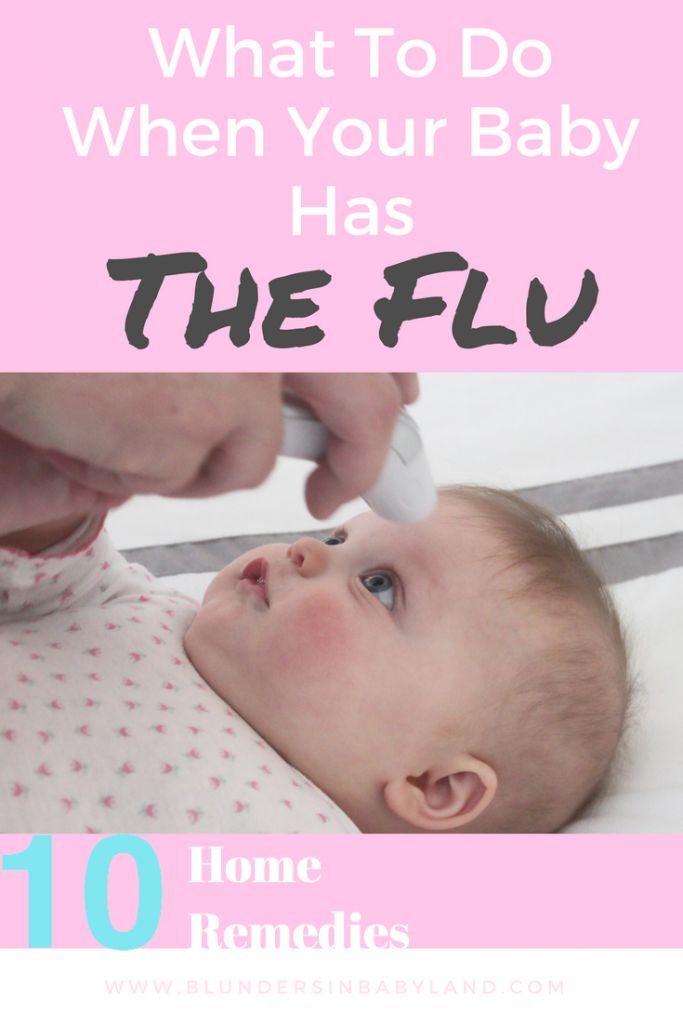
Homeopathic medicines
Alternative medicine, based on the principle of treating "like with like", has partially penetrated into official science. Popular homeopathic remedies - Oscillococcinum® (P N014236/01) [10] , "Naturcoxinum" (LSR-007708/09) [11] , Aflubin® (P N013116/01) [12] - are sold in pharmacies and can be prescribed for colds . According to the manufacturers, these drugs smoothly adjust the work of the immune system and "tune" the body to recovery. At the same time, information about their pharmacokinetics (absorption and excretion from the body) is not provided, and many doctors even consider homeopathy as a pseudoscience [13] . nine0003
Release-active preparations
In terms of the concentration of active substances, they are close to homeopathic preparations, since they are also the result of repeated dilution of the original substance (in this case, these are antibodies to interferon). In fact, these products do not contain active ingredients at all, and their effectiveness is also disputed.